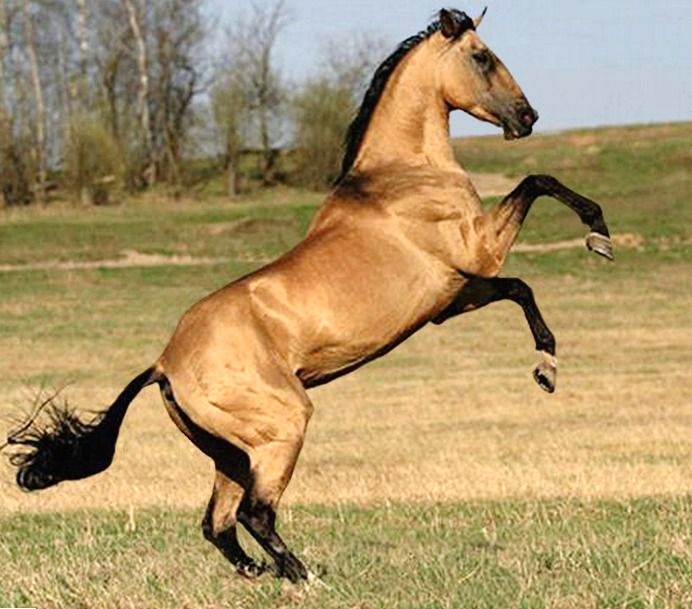Loose stools in horses can be an indication of an underlying digestive health issue. It’s important to identify the source of the problem and treat it appropriately. In this article, we’ll discuss what helps loose stools in horses and provide some tips for prevention.
What Causes Loose Stool in Horses?
There are numerous causes of loose stool in horses, including dietary changes, parasites, stress, infections, and medications. Dietary changes can cause an imbalance of electrolytes and minerals, leading to digestive issues. Parasites, such as roundworms and tapeworms, can also cause loose stools. Stress can also be a contributing factor, as it can cause the horse to produce hormones that can affect digestion. Infections and medications can also contribute to loose stools in horses.
Dietary Changes
One of the most common causes of loose stools in horses is a sudden change in diet. Horses are creatures of habit, so sudden changes in their diet can disrupt their digestive system. If you’re introducing a new type of feed, it should be done gradually, over the course of several weeks. This will help the horse’s body adjust to the new diet and avoid any digestive issues.
It’s also important to make sure the horse is consuming enough fiber. Fiber is essential for digestion and can help reduce the risk of loose stools. Adding a fiber supplement, such as alfalfa hay, to the horse’s diet can help.
Parasites
Parasites are one of the most common causes of loose stools in horses. Roundworms and tapeworms are two of the most common parasites that can cause loose stools. It’s important to regularly deworm your horse, as this will help reduce the risk of parasitic infestations.
Stress
Stress is another common cause of loose stools in horses. Horses can become stressed due to environmental changes, physical changes, or emotional changes. It’s important to monitor your horse for signs of stress and address any issues that may be causing it. You can also try to keep the horse’s environment as stress-free as possible.
Infections
Infections can also cause loose stools in horses. Bacterial and viral infections are the most common, but they can also be caused by parasites and fungi. If your horse is experiencing loose stools, it’s important to have them tested for any underlying infections.
Medications
Medications can also cause loose stools in horses. Some medications can cause an imbalance of electrolytes and minerals, which can lead to digestive issues. If your horse is taking any medications, it’s important to discuss any potential side effects with your vet.
Tips for Prevention
There are several steps you can take to help prevent loose stools in horses. The most important is to keep your horse’s diet consistent. Sudden changes in diet can disrupt the horse’s digestive system, so it’s important to make any changes gradually.
It’s also important to make sure your horse is getting enough fiber. Fiber helps with digestion and can help reduce the risk of loose stools. Adding a fiber supplement, such as alfalfa hay, to the horse’s diet can help.
It’s also important to regularly deworm your horse. This will help reduce the risk of parasitic infestations, which can lead to loose stools.
Finally, it’s important to keep your horse’s environment as stress-free as possible. Stress can cause the horse to produce hormones that can affect digestion, so it’s important to monitor your horse for signs of stress and address any issues that may be causing it.
Conclusion
Loose stools in horses can be an indication of an underlying digestive health issue. It’s important to identify the source of the problem and treat it appropriately. In this article, we discussed what helps loose stools in horses and provided some tips for prevention. Making sure the horse’s diet is consistent, providing enough fiber, regularly deworming, and keeping the horse’s environment as stress-free as possible can help reduce the risk of loose stools.

